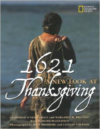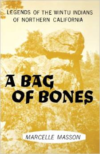Description
Rich with the objects of the day-to-day lives of illiterate or common people in the southeastern United States, this book offers an archaeological reevaluation of history itself: where it is, what it is, and how it came to be. Through clothing, cooking, eating, tool making, and other mundane forms of social expression and production, traditions were altered daily in encounters between missionaries and natives, between planters and slaves, and between native leaders and native followers. As this work demonstrates, these unwritten texts proved to be potent ingredients in the larger-scale social and political events that shaped peoples, cultures, and institutions.






Reviews
There are no reviews yet.